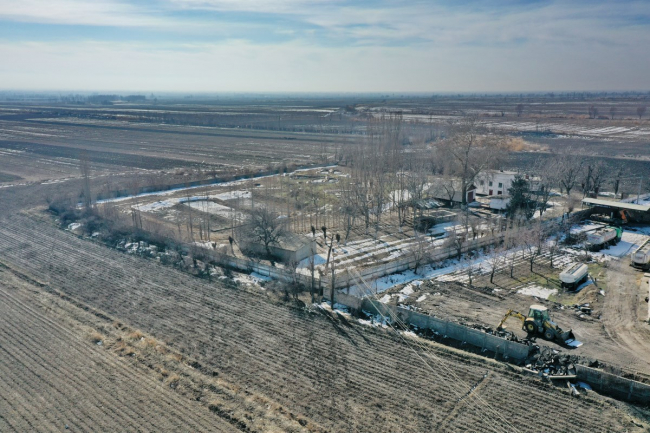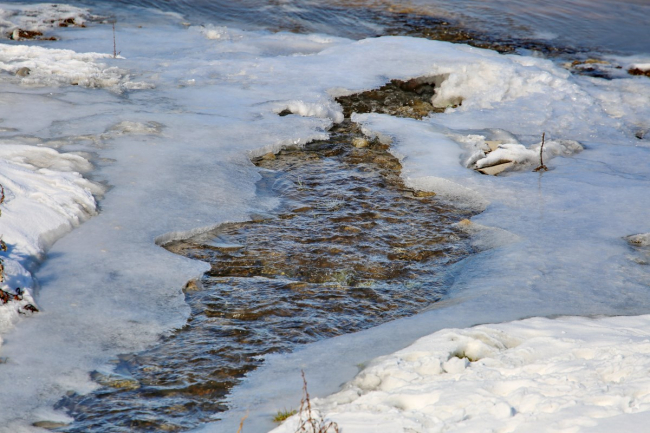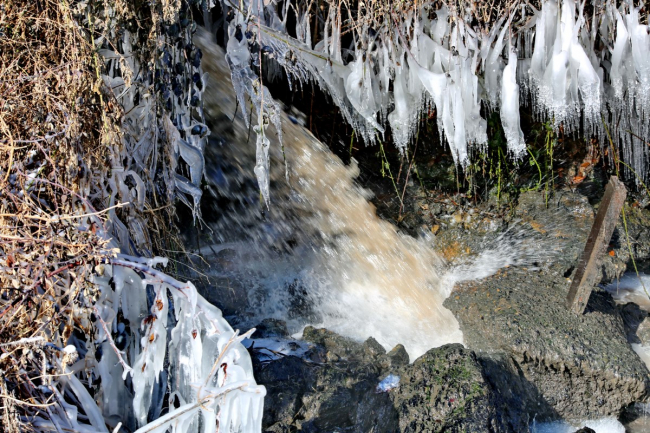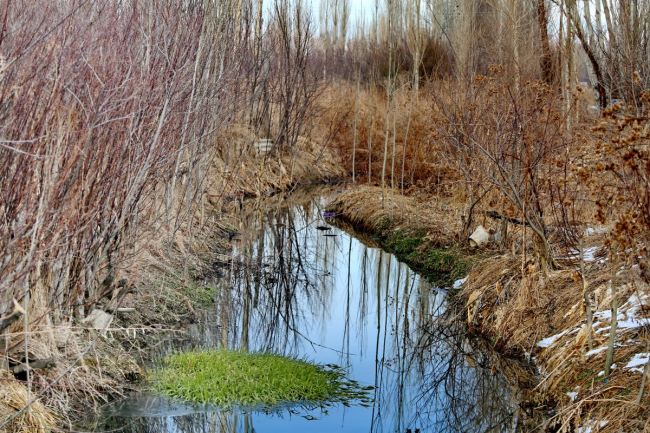The wastewater treatment facilities of the city of Kochkor-Ata need repairs.
41°01’6427″N 72°30’2110″E In the Jalal-Abad region today, in the settlements except for the city of Jalal-Abad, the town of Kok-Yangak, Kochkor-Ata, the city of Kara-Kul, the sewage systems are completely absent. The population of all other settlements uses septic tanks, which are periodically emptied into fields for sanitation or landfills. The entire existing sewage system is in extremely unsatisfactory condition. The existing treatment facilities require reconstruction and major repairs. The










